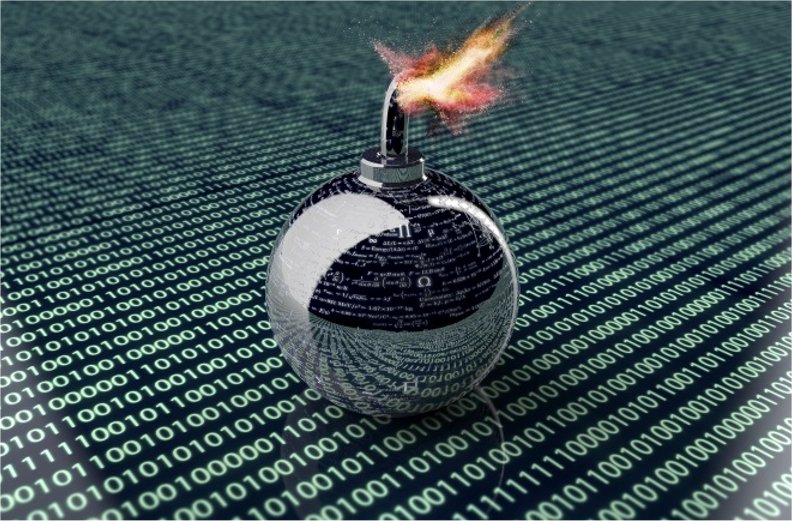Quantum physics makes self-destructing software possible
Like in any good spy film, self-destructing software offers new possibilities for secure computing. Such programs self-destruct after one execution and therefore prevent the leaking of unwanted information as well as the corruption or misuse of the program itself.
Self-destructing software was an impossible dream for conventional computers. Now, this important cyber-security feature has become a reality by fusing conventional computer architectures with feasible quantum technology. Among others, researchers from the University of Vienna have built a hybrid quantum classical computer to encrypt classical software. This novel kind of encryption causes the programs to self-destruct after one execution and thus allows the realization of one-time programs.
In a Viennese laboratory these programs have now been realized by encoding the software as a stream of single photons or quanta of light. This new hybrid-quantum-classical approach shows that quantum enhancements for our computers are feasible with our current state-of-the-art quantum technology, and thus be possible even before a full-scale quantum computer is available.
Within the UNIQORN project, these one-time programs will be further developed and tested in “real-life” situations: over greater distances, starting with communications from building to building.
These results are published in Nature Communications volume 9, Article number: 5225 (2018). https://doi.org/10.1038/s41467-018-07591-2
